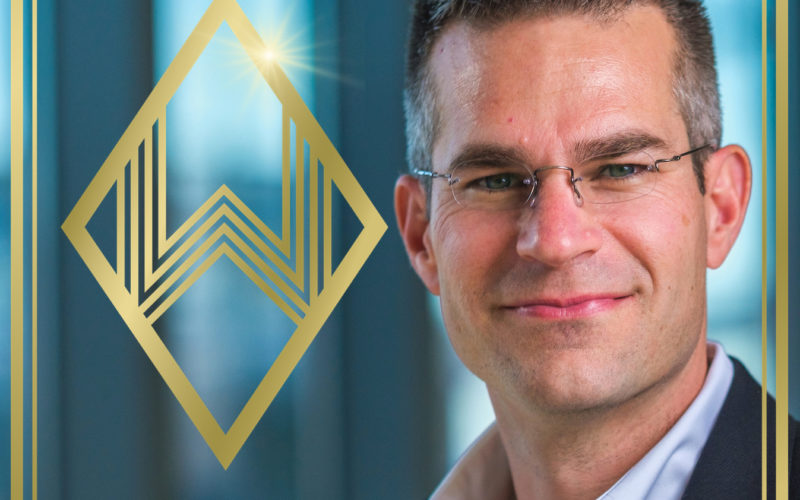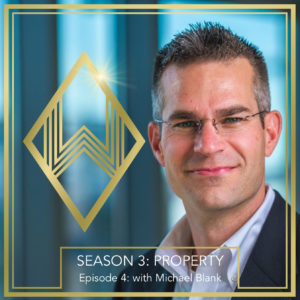The Wealth Gap: Identifying Inequalities With Connor Boyack
Podcast: Play in new window | Download
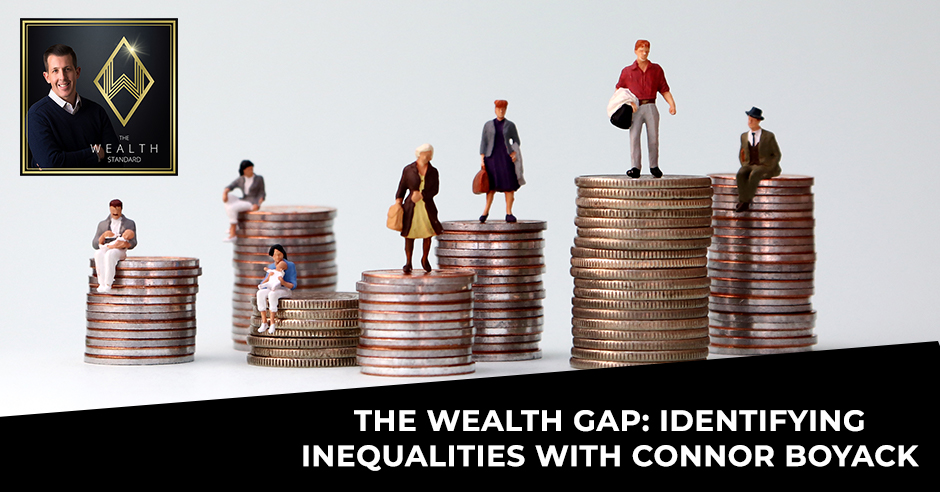
One of the most controversial topics today is the existing and widening wealth gap between the rich and the poor. Tackling this important conversation to offer a unique and even quite controversial view, Patrick Donohoe is joined by Connor Boyack, founder and president of Libertas Institute—a free-market think tank in Utah. Here, Connor gets into the significant wealth that has spun great talks about inequality from both sides of the political aisle to create divisiveness. He goes deep into capitalism, the billionaires that keep getting rich, and moving up the economic ladder. Follow along to this insightful episode to learn more about this issue we’re facing now in our society.
—
Watch the episode here:
Listen to the podcast here:
The Wealth Gap: Identifying Inequalities With Connor Boyack
Thank you for tuning in to the show. Connor Boyack is an incredible man. He’s been on the show before. We’re talking about a controversial topic. We’re breaking it into two parts. The first part is going to get into the wealth gap that is significant. Wealth inequality is a theme that’s being used by both sides of the political aisle to create divisiveness. Right now, there are a lot of upset people. This episode, without the proper context, may upset you, so go back and read the last 4 to 5 episodes.
Hopefully, that will prepare you to think rationally about this sensitive topic. The drive we have to make a difference grow and be free is evident across most human behavior. Achieving that result is what I characterize and what I’ve tried to talk to you about as true wealth. The show’s mission is to help you identify sound principles that will guide you to achieve wealth and prosperity regardless of the environment or economic circumstances. Right now, it may not seem possible but understanding the principles will allow you to understand that it’s not the environment that creates that end, it’s principles, and acting on those principles.
Through this lens, these emotionally sensitive topics will inspire you instead of infuriate you which is, unfortunately, the way in which people are looking at this topic. My compadre, Connor Boyack, has dedicated his professional life and arguably because of some threatening experiences that he’s had his whole life to defending the principles of prosperity by being involved in the political arena here in Utah. Also, by expanding that into the world of literature and education with over 21 books, most of them through the children’s book platform.
For those of you who have listened to Connor before The Tuttle Twins books, I get comments about that more than anything else that’s coming from the show. Connor is going to give you a code to get these books. I’m offering something for the rest of 2020. For those of you who purchase the package and Connor is going to give an insane discount for all of the books or the online curriculum that he has, I’m going to match that. What I mean by that is if you purchase, I’m going to pay for another either package of books or the online course that you can give to somebody else. I’m going to do that through the end of 2020.
I hope you gain a lot from this. I hope you’re able to step back and think through some of the points that we make and that it enlightens you to understand the narrative but also understand how to have a productive, and meaningful conversation with somebody else about this topic. I hope it inspires you to understand how the world has improved because of the environment that we have in which people can start businesses. They can be free to fail, free to succeed, and how that improves everybody’s life. Let’s cut to the interview. Without further ado, this is Connor Boyack.
Wealth is not the natural condition in life. Poverty is the natural condition in life. Click To TweetHe is the President of Libertas Institute, which is a nonprofit think tank here in Utah, but it’s also an educational organization. They promote through a lot of influence up on Capitol Hill during legislative sessions. They promote the principles of liberty but they also educate the public in many different ways. Connor is also the author of 21 books. It also includes a children’s series, which is incredible. It’s called The Tuttle Twins. Connor, welcome to the show. You’re no stranger here except for those that are new and new readers. Thanks for coming back. I appreciate your time.
I’m happy to be here. I’m excited to get into the issues with you.
This is a hot one because it’s something that’s been politicized. It’s being weaponized by different political parties. It’s the wealth gap. I’m going to read some statistics which I haven’t given you in advance I’m sure you won’t be surprised. This is given the federal reserve’s stats, whether they’re objective or not. I would say it’s close to as objective as possible. In the United States is $104 trillion of private wealth in terms of money. The top 1%, $32 trillion, the next 9%, $39.1 trillion, the next 40%, $31 trillion and the bottom 50%, $1.5 trillion. There’s a gap and the gap is shown to widen. Connor, I think we are able to have a conversation that understands both perspectives. When you hear these numbers, when you hear the narrative that’s used and how it’s weaponized and politicized, what goes through your mind? How do you process that?
I’m excited by those numbers, where other people find them repugnant and see an inequality that needs to be addressed. I’m conversely excited and that’s for an important reason. What would those numbers have been like a century ago? What would those numbers have been like three centuries ago? The fact that much wealth has been created has made it so that we all live like kings. Even that bottom 50%, the bottom 10%, even the bottom 2% live like kings compared to people a century ago.
The creature comforts that we enjoy that this wealth inequality has allowed wealthy people to amass capital, to invest in research and development, and come up with new innovative conveniences. The fact that Jeff Bezos is now going to be delivering our products by drone on the same day we order them. Packing the mule over the mountain with a couple of workers that take up a three-week journey to get to you and by then, half of what you ordered has been stolen or moldy. The fact that some people have gotten rich should not distract us from the fact that everyone has gotten rich.
Wealth is not a natural condition in life. Poverty is the natural condition in life. The fact that some people have become wealthier than others doesn’t discount the fact that basically everyone has become wealthier. Everyone has a higher standard of living and it’s this system for all of its warts and bumps and everything else. It’s not perfect. It’s this system compared to any other that has allowed for that massive creation of wealth and prosperity across all the demographics that you can imagine.
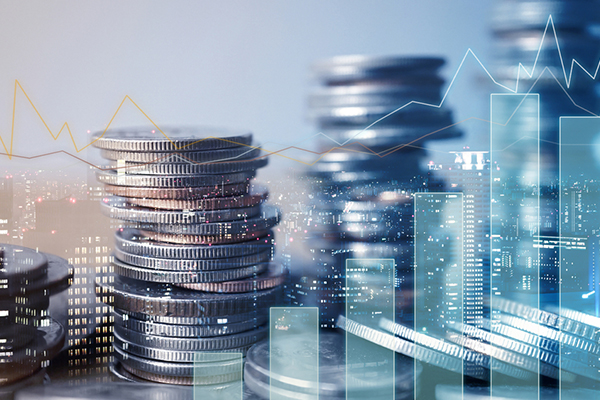
The Wealth Gap: The comforts we enjoy from this wealth inequality have allowed wealthy people to amass capital to invest in research and development and develop new, innovative conveniences.
I could have guessed that you were going to say something along those lines, even though we haven’t even talked about this in detail previous to the interview. I have some statistics here that I usually will find from an opinion and perspective research, depending on the perspective. It doesn’t make the news headlines that often but one of them is Matt Ridley. He’s written a bunch of books. The one that hit me the hardest years ago was The Rational Optimist, which is when everything was falling down and he wrote this book that said that the world is amazing.
Here are some of the things that he cited in a blog post. He said, “Extreme poverty has fallen below 10% of the world’s population for the first time.” It was 60% when he was born, which was in the late 1940s. Child mortality has fallen to record low levels. Famine virtually went extinct. Malaria, Polio and heart disease are on the decline. One of the least fashionable predictions that he made was the ecological footprint. We have been able to use more sustainable resources and be more efficient with the way in which we are attentive to those initiatives.
As far as the use of land and the use of water when it comes to producing food has dropped 100%. I can keep going on and on as far as how people are coming out of extreme poverty. Peter Diamandis is more on the technological front. He’s talked about the fact that we’re approaching four billion people with smartphones. Where people are getting connected, they’re getting access to information, education, and so forth. I agree with you. There’s a disease of abundance than there is of scarcity when it comes to living the way that we live now versus what life would have been 100 years ago.
I was going to add to your list before with the proliferation of mobile phones and so forth, access to banking or cryptocurrency, sending money around, transmitting to family members and other countries. The fact that Africa didn’t get into landlines and telephone poles and all the rest. They leapfrogged over that and now have like 95% plus penetration of cell phones, even out in these remote villages where they can access Wikipedia and suddenly any villager can learn from all of the knowledge in the world.
I was a missionary in Honduras many years ago and I lived in these tiny little pueblos for two years. I remember once a week, we would get an opportunity to email the family and say, “I’m still alive out here.” We do that at these internet cafes that were crazy expensive. They were rare. The internet was horrible. Now, the same thing as you pointed out. Everyone’s got cell phones, constant connectivity, connecting all the world, creating amazing remote work opportunities where people out in these villages can go on Upwork.com and say, “I can do graphic design. I can do editing. I can do translation and I can do whatever.” It creates all these economic opportunities that they didn’t have before.
I care a lot about issues surrounding charity and poverty. I don’t want to sound like I’m some kind of greedy capitalist. My wife and I focus and try to lift those who are in need and find ways to serve. I know of no other economic system that does it better than what’s often called capitalism because you have the incentive for these people to go and produce. That means the Jeff Bezos and the Elon Musk and others are going to amass substantial wealth but they’re not extracting it from anyone. It’s not a zero-sum game. They’re not forcibly taking it from people. All that means is they figured out a way to serve a crap ton of people because capitalism and entrepreneurship and business is service. It’s, “I hate pulling weeds and the fact that someone will come to serve me by pulling my weeds and we have an economic exchange, I can make it worth their while.”
There's more of a disease of abundance than there is of scarcity when it comes to living the way that we do today. Click To TweetThat is still service to me because I would rather part with $10, $20, $50 or whatever than do the weeds. Having an electric car, having drone deliveries, or whatever the issue is. These people have figured out a way to serve a ton of people rather than a few people. In my mind, that is a system that should be praised, notwithstanding that. I do think it’s important that we still look at the inequality issues and figure out even better ways to help people move up that economic ladder. It doesn’t come from the traditional. Do you remember the lobsters and the bucket story? Where you put lobsters in a bucket and as one tries to get out, the other crabs pull down, “Let’s try and pull it down so we can get up.”
That’s not how the system works. We can figure out a way to build up more people. We don’t have to tear down the 1% and take more of their money and remove their incentives to serve even more people. We can do it in a way that empowers even more people and removes those roadblocks of regulations. Even people who want to start a food truck, they’ve got to deal with a nightmare of regulations to get their foot in the door and entrepreneurship to maybe do a food truck to then do three, to then do a brick and mortar restaurant and grow an empire of franchise.
If we have these regulations and other problems in the way that prevent the people on the bottom, if you’ve got money, you can make problems go away. You can be strategic and figure out a way around them. It’s the people on the bottom who don’t have those resources. They can’t navigate the system. They’re often trapped by the system that purports to help them and puts them on the dole and says, “Here’s some money. Go sit on a couch, watch Netflix and chill while we subsidize your inactivity.” What if instead, we remove those roadblocks that don’t have the capital and the network to circumvent on their own so that they can bootstrap themselves up and be able to go to work? There’re many stories of rags to riches that you can’t say that everyone who’s wealthy gets wealthier and everyone who’s poor stays poor. That’s not reality at all but I do think there are improvements we can make to help more of those rags become riches and give even more people that opportunity.
Now, let’s cross lines because just as much as we ourselves have rationalized this, not together but in probably similar ways, the overwhelming majority does not believe this way. Let’s look at their perspective. How do you sympathize with them? How do you understand why they’ve come to a conclusion they have which could be the diametric opposite of ours? How is that being politicized?
You may have seen the video of a Black Lives Matter leader protesting outside of the courthouse saying to the camera, and to the public that it is okay that we go loot these businesses, that we do these riots, that we bash in the store windows, that we take all these apparel, toys, electronics and everything we’re taking because they have insurance. There have been other Black Lives Matter protesters who I watched a video of one woman defending the pillaging of white store owners as a form of reparations because, in her words, it was the black community that has built that business and never been able to take advantage of the profits.
The downside there is, first of all, that’s not how insurance works or why it exists. I think the first comment reflects an economic misunderstanding. She’s trying to justify theft. The second comment was more interesting to me. This notion of reparations and this long-standing injustice that certain people have been kept down. They’ve been denied these opportunities and to that, I say I don’t disagree. There have been a lot of these problems. Zoning laws were instituted because of racism. It was a way to segregate neighborhoods and keep black people out of white neighborhoods. You still have those problems to this day. Zoning boards and city councils and others will perhaps not overtly or explicitly but they can hide their bias and use zoning laws to keep certain people down and prevent them from having commercial activity in their neighborhoods or from integrating into other parts of the city or whatever.
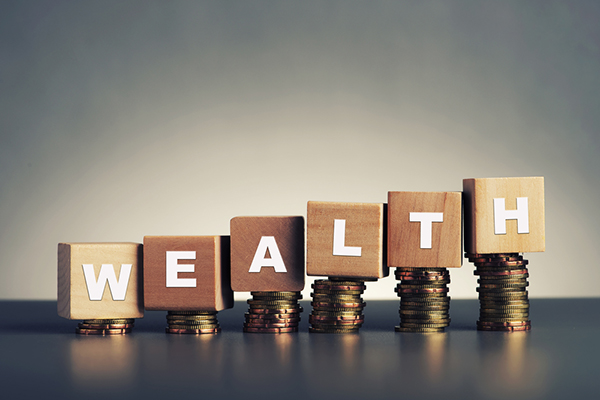
The Wealth Gap: The fact that some people have become wealthier than others doesn’t discount the fact that basically everyone has to become wealthier.
It’s because it was illegal. They could have been fined. They could have been put in jail if they crossed those lines.
There are certainly these policies that have been in place over time that have been put in place but the tough thing I have with reparations is that you don’t have an opportunity to connect one-to-one. By that, I mean that maybe someone did something horrible 80 years ago or 20 years ago, or 150 years ago but how does that justify perpetuating the injustice by forcing someone else whose fault it is not to pay for the misdeeds of what someone else does? I sympathize. I want to help. I want to remove those roadblocks. I want to help everyone be able to flourish and have that opportunity. I just struggle with what some of the demands are where people look at that inequality, and they have this kind of aggregate perception that there’s this systemic problem. Therefore, we’re going to have a systemic solution, an aggregate solution that uses the sledgehammer and says, “We’re going to do this so that we benefit.”
In a way, that’s continuing the injustice that they’re talking about by perpetrating it on more people who are innocent of the misdeeds that they’re rightly pointing out in the past. It becomes a sloppy way. I sympathize with the problems, the solution is where it breaks down. That’s where I think if we can sit down and talk together and resolve this, maybe we’d come up with some interesting ideas. I feel like a lot of the people who speak out against inequality and who are especially vocal about it, especially in the past few months with Black Lives Matter and some of these groups, there’s a bit of an economic ignorance there and perhaps political collectivism where they’re trying to force these solutions on other people. Thereby, they become the perpetrators of the injustice they’re speaking out against.
You have this balance between very strong deep-seated emotions that go back generations. It goes back culturally. That’s when we start out talking logically about the wealth gap, it’s provable. At the same time, people aren’t going to sit back and say, “You’re right. I should think about things differently.” People have these deep-seated emotions that reinforce a perspective. For me, I try to sympathize and empathize with that. I look at some of the extreme things that human beings to this day still do to one another, do to children, do to women and do to the minorities. It’s sickening.
At the same time, you look at history and it’s always happened that way. I look at what do we do now with the “civilized society” that we supposedly live in so that the political sphere is not injecting these cheap, slighted, and shallow emotions into the narrative to gain political capital? What do you do? How do you reconcile all of this? What’s the solution because you have these deep-seated things that are not going to go away and then you have these rational things that we can show, the rich and wealthy people have created much as it relates to our lifestyle?
We use the same internet browser as Jeff Bezos. We have the same iPhone as Bill Gates. They’re not living much of a different lifestyle other than maybe the car they drive and where they go on vacation. It’s not much different. How do you reconcile this, Connor? You’re amazing at taking divisive topics when it comes to liberty and teaching people through books, through education but also promoting principles on Capitol Hill and being influential to lawmakers who clearly have one perspective. They lean toward a party. How do you reconcile all of it?
The market doesn't like uncertainty. We need to have some kind of predictability. Click To TweetThis one is tough because over the past several months during the shutdown and everything, I’ve been talking to folks about these issues. I feel like among people who are more free-market minded, conservative, libertarian, Republican, whatever you want to call it, there’s a lot of unease in the sense that people have long felt on the foundation of society and their principles and whatever. The degree to which these riots have happened, killings, lootings and all these kinds of things, the way society and culture has been changing as a result of all these events. A lot of these people I’ve talked to have felt uneasy like those footings, the foundation of society is shifting underneath them and they feel that there’s this instability where they don’t know how to act. They don’t know how to step forward. If the ground is loose, how do I know that’s a sure footing so that I can move forward with my life?
There’s absolutely risk and the market doesn’t like uncertainty. We need to have some kind of predictability and this is a tough question for me because how do you forecast things? How do you offer a solution and try and figure out what that approach is? What I’ve seen a lot of families do is think about turning inward. It’s like the story of a tree. When there’s a drought or something to conserve resources, the tree is not going to grow that year. You look at the rings of the tree and when they’re tight like that, that’s during a year where it didn’t have growth. It was in survival mode.
It feels like a lot of families are in that mode right now where they’re trying to say, “How do I talk to my kids about these issues? What do I think about these issues? What voices do I trust?” I’ve seen a lot of these people shift from engaging online or community activism or going up to the Capitol or trying to change the world to say, “I’ve got to protect my family. I’ve got to figure out what we’re going to do and how we make sense of this.” Not only economically, like how’s our job doing but also, if society can shift this much where we’ve got shutdowns, mandates and “Karens.” We have this culture now of shaming one another like, “You’re insufficiently compliance. I’m going to call the cops on you.”
We haven’t had that before in our society. We have riots, lootings, all these blue states and Democrat mayors, letting these people run amok destroying businesses and government buildings. We’ve seen that in Eastern Europe. We’ve seen that in some parts of Asia and Africa and elsewhere. We’ve never seen that in America. That shift is disconcerting to a lot of people. I even feel this way, partially myself, where I struggled to figure out, “Is there anything I should be doing or can be doing right now that I’m not or should I be trying to maintain my balance so that when the ground solidifies a bit more, then I’m ready to move forward?”
Things seem to be changing quickly for a lot of people. I think it’s rational to be like, “I need to wait this out and see where things land.” We’ve shifted a lot. I’ve shifted personally, a lot of my energy into our children’s books, and helping families get material to have these deep conversations and talk about these ideas. It seems like that’s where an investment right now is going to yield a lot of dividends in the future, as opposed to on the policy side of things trying to figure out where to step when the ground is shifting.
I hope you enjoyed part one of this two-part interview. Come back for part two. This is where we get into education. We get into inspiring, influencing and helping kids understand the environment and how to essentially change their life with some simple tweaks. Connor has made some amazing resources available. I’m going to match through the end of 2020 any purchase you make with his steep discount, allowing you guys to give that as a gift to somebody else. Check out all those details on TheWealthStandard.com. Thanks again. Don’t forget to tune into the next episode.
Important Links:
- Connor Boyack – previous episode
- The Tuttle Twins
- Libertas Institute
- The Rational Optimist
- Upwork.com
- https://TheWealthStandard.com/the-return-of-connor-boyack-episode-203/
- https://TheWealthStandard.com/connor-boyack-simplifies-the-key-ideas-of-atlas-shrugged-for-kids-parents-in-his-book-the-search-for-atlas/
- https://TheWealthStandard.com/bit-coin-tesla-connor-boyack-episode-198/
- https://TheWealthStandard.com/kids-libertarians-special-guest-connor-boyack-part-2/
- https://TheWealthStandard.com/capitalism-free-markets-and-innovation-with-connor-boyack/
- https://TheWealthStandard.com/how-much-control-does-the-government-have-over-you-liberty-episode-3/
- www.ConnorBoyack.com
- www.LibertasUtah.org
- www.TuttleTwins.com
- https://tuttletwins.com/product/tuttle-twins-double-pack/
About Connor Boyack
 Connor Boyack is founder and president of Libertas Institute, a free market think tank in Utah.
Connor Boyack is founder and president of Libertas Institute, a free market think tank in Utah.
Named one of Utah’s most politically influential people by The Salt Lake Tribune, Connor’s leadership has led to dozens of legislative victories spanning a wide range of areas such as privacy, government transparency, property rights, drug policy, education, personal freedom, and more.
A public speaker and author of 21 books, Connor is best known for The Tuttle Twins books, a children’s series introducing young readers to economic, political, and civic principles.
Connor lives near Salt Lake City, Utah, with his wife and two homeschooled children.
Love the show? Subscribe, rate, review, and share!

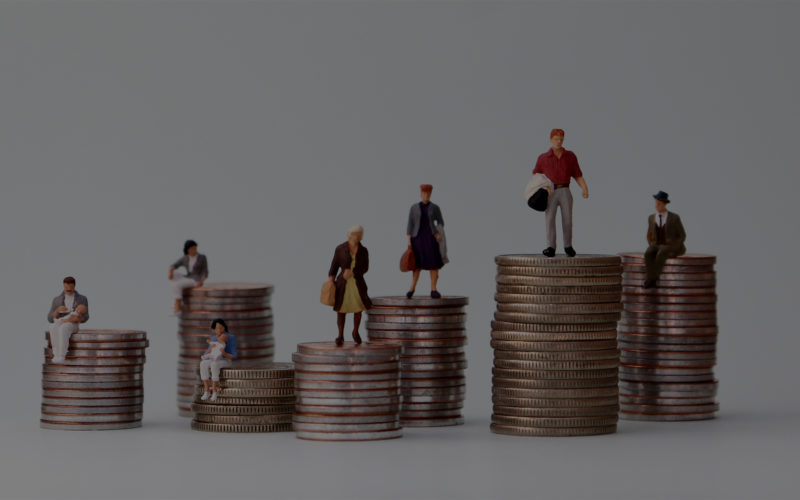
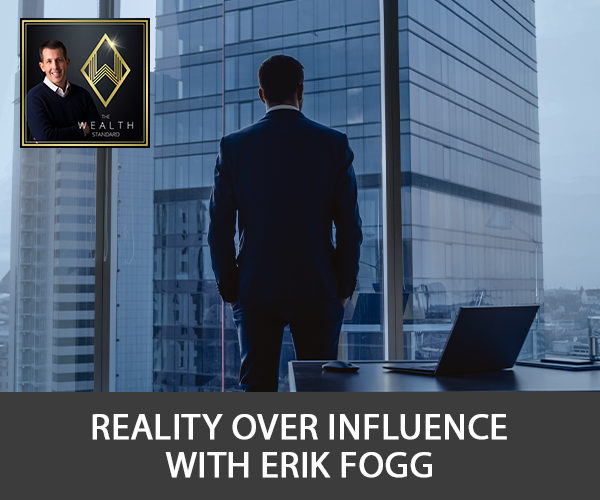
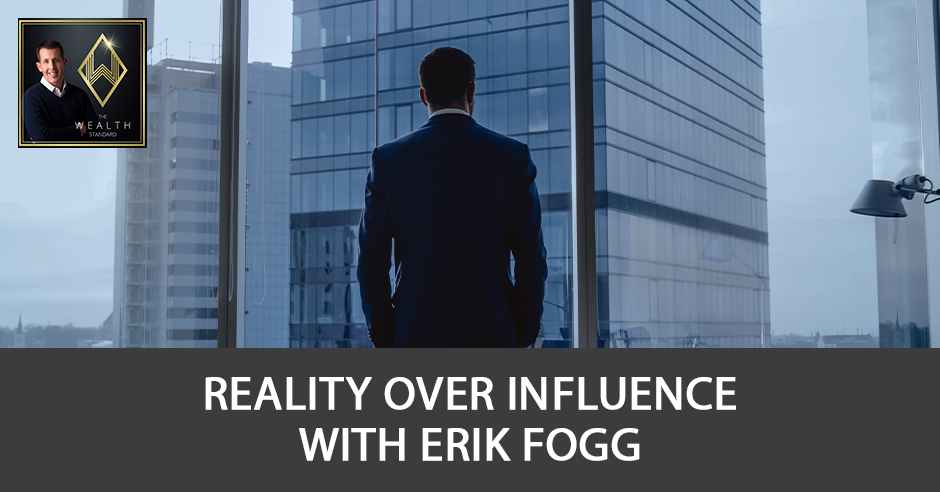




 Erik Fogg is the Founder of ProdPerfect, Chief at ReConsider, co-author of the ReConsider blog, co-host of the ReConsider podcast, and author of the bestselling book Wedged: How You Became a Tool of the Partisan Political Establishment, and How to Start Thinking for Yourself Again. Erik is an MIT Bachelors/Masters grad, studying mechanical engineering and political science. He has 4 years of experience as an operations and engineering consultant with Stroud International, followed by an operations/sales executive role at startup HelmetHub. Erik interludes as political author, business book ghost-writer, and consultant for private equity and biotech.
Erik Fogg is the Founder of ProdPerfect, Chief at ReConsider, co-author of the ReConsider blog, co-host of the ReConsider podcast, and author of the bestselling book Wedged: How You Became a Tool of the Partisan Political Establishment, and How to Start Thinking for Yourself Again. Erik is an MIT Bachelors/Masters grad, studying mechanical engineering and political science. He has 4 years of experience as an operations and engineering consultant with Stroud International, followed by an operations/sales executive role at startup HelmetHub. Erik interludes as political author, business book ghost-writer, and consultant for private equity and biotech.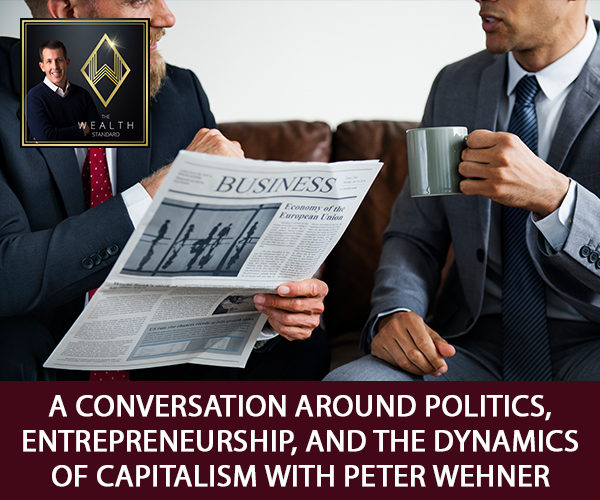
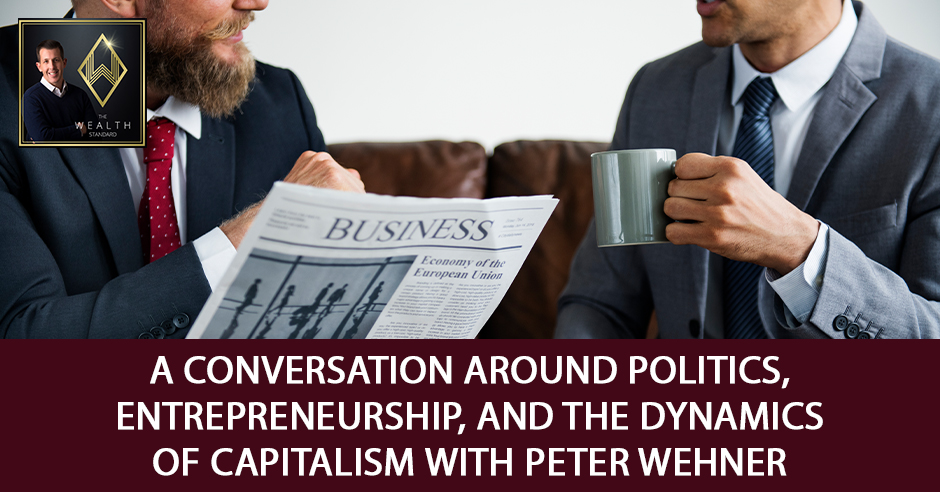



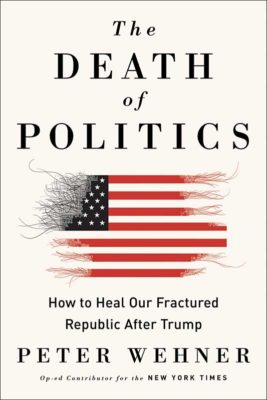
 Peter Wehner is the author of The Death of Politics. He is a New York Times contributing Op-Ed writer covering American politics and conservative thought and a popular media commentator on politics.
Peter Wehner is the author of The Death of Politics. He is a New York Times contributing Op-Ed writer covering American politics and conservative thought and a popular media commentator on politics.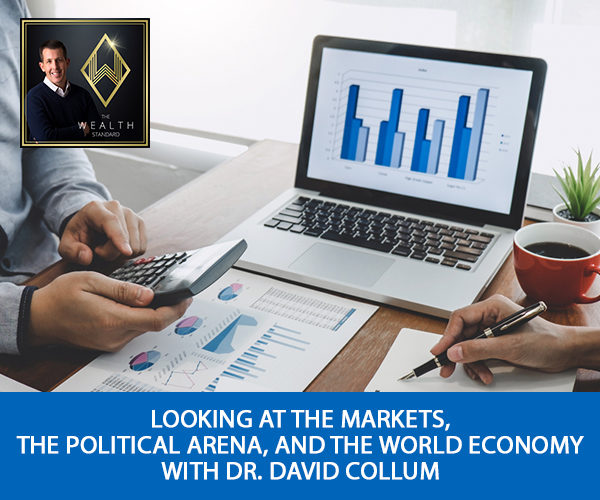
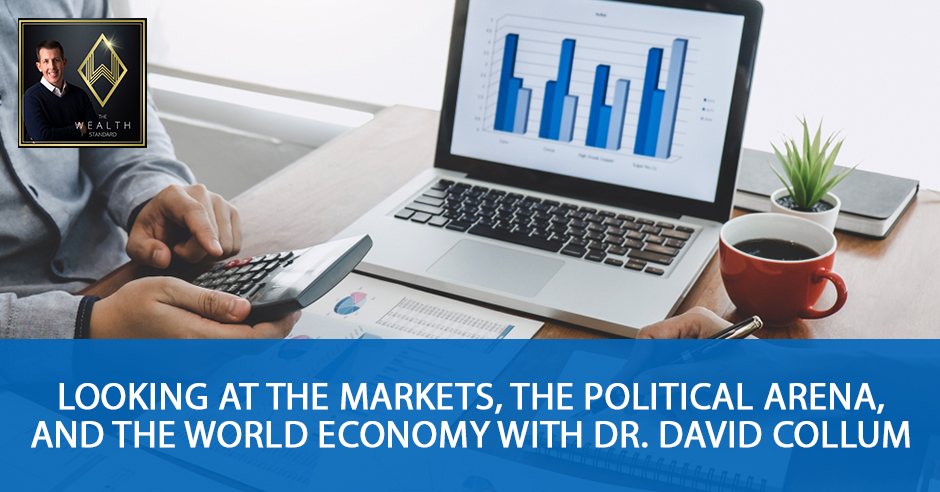

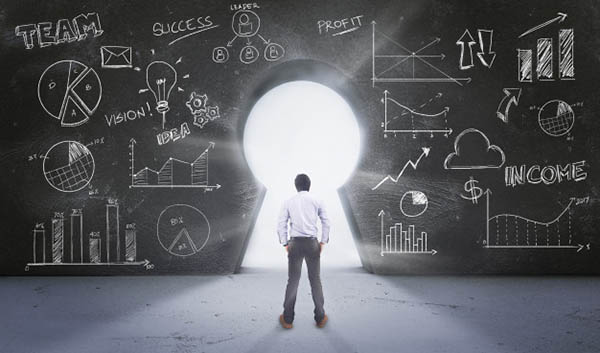


 David Collum is the Betty R. Miller Professor of Chemistry at Cornell University and is a regular and valued presence on the internet commenting on the financial system and the predicaments of our time. David has contributed many Year in Review articles and podcasts to the Peak Prosperity community, all of which are available online at
David Collum is the Betty R. Miller Professor of Chemistry at Cornell University and is a regular and valued presence on the internet commenting on the financial system and the predicaments of our time. David has contributed many Year in Review articles and podcasts to the Peak Prosperity community, all of which are available online at 